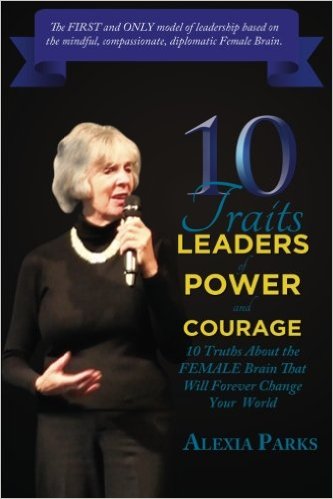To date, discussion and policy-making (also embed in the UNFCCC structure) is a focus on nation-states. However, when we take a look at who the major carbon producers are, we discover a simple, elegant, useful tool for future social and legal pressure.
The entities reported by author Richard Heede hold two important assets—production capacity and proven recoverable reserves. When this is taken together with profit motives and tax and regulatory incentives that encourage them to discover and produce new fossil fuel reserves, hold the key to future fossil fuel production and emissions and thus, arguably, the future of the planetary climate system.
Energy companies have strong financial incentives to produce and market their booked reserves and oppose efforts to leave their valuable assets in the ground but social and legal pressures may shift these incentives.
Without minimizing the responsibility of developed nations, nor of China and India, Heede’s list includes the role of nations, such Saudi Arabia, Venezuela, Mexico, Iran, Kuwait, Abu Dhabi, Libya, Nigeria, Indonesia, Brazil, and other countries that have not been at the center of discussions regarding responsibility for controlling emissions.
Viewed in this light, what are the ethical, political, and legal arguments that could be enlisted or made mandatory to require these carbon majors to limit further dangerous interference with the climate system?
Alexia Parks is Founder of the 10 TRAITS Women’s Leadership Development Academy. She is recognized as a thought leader and world expert on women’s leadership and empowerment, based on 10 powerful leadership traits hardwired into the FEMALE brain. The mission of the 10 TRAITS Academy is to train the first generation of women in human history, how to express their full potential.


